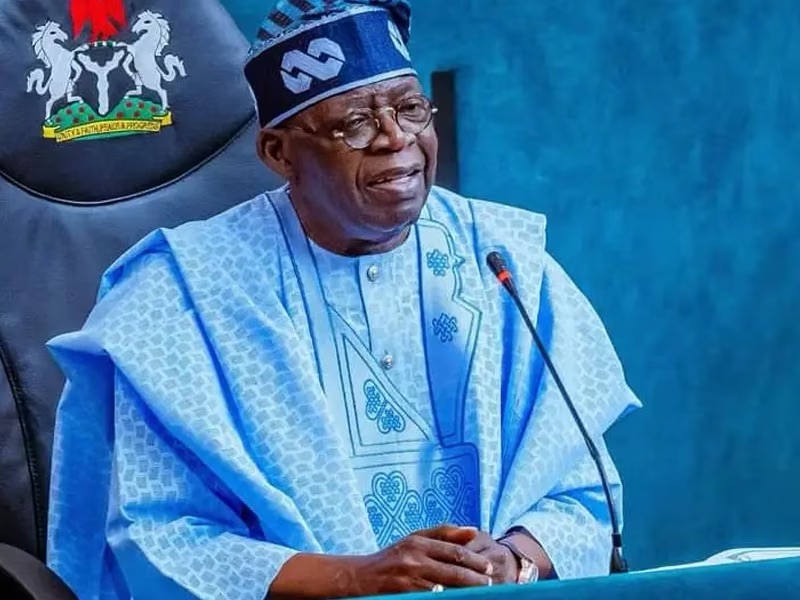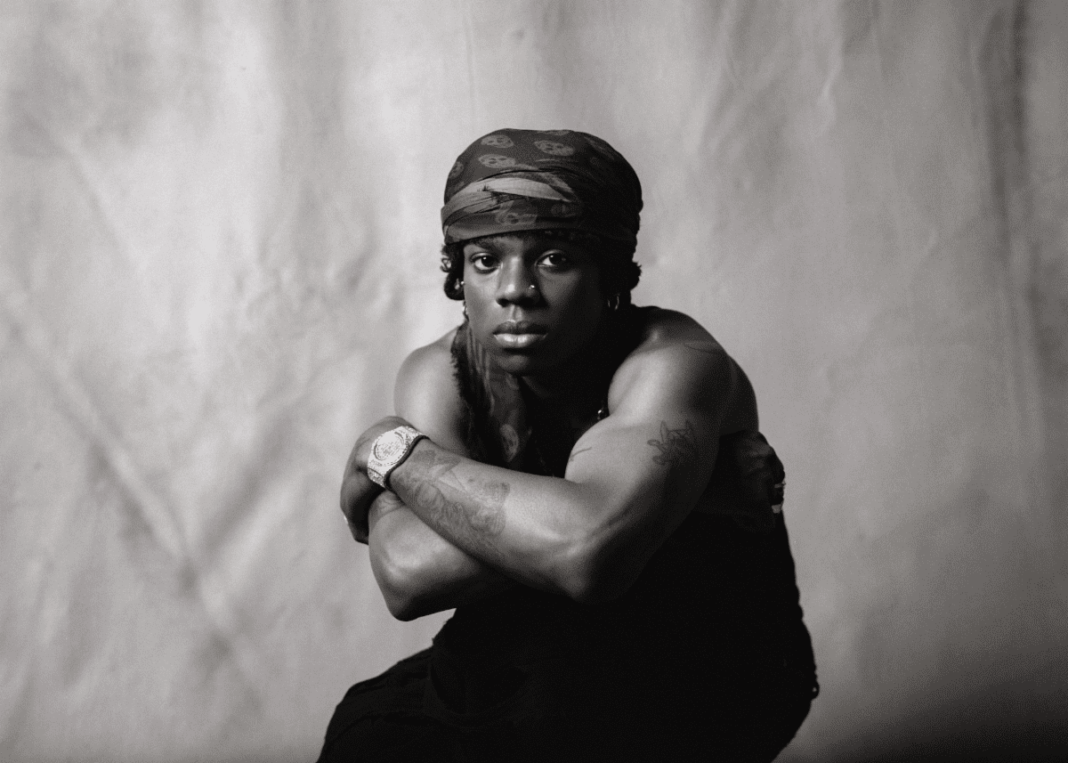The Organized Crime and Corruption Reporting Project (OCCRP) has ranked Nigerian President Bola Ahmed Tinubu as the third most corrupt leader in the world in its annual global corruption index for 2024. The report highlights allegations of financial misconduct, abuse of power, and connections to organized crime networks. This ranking places Tinubu among other world leaders whose actions are considered detrimental to good governance and anti-corruption efforts.

The OCCRP, known for its investigative journalism and transparency advocacy, evaluates global leaders based on documented cases of corruption and abuse of office. President Tinubu’s inclusion in the top three is attributed to ongoing controversies surrounding his wealth accumulation and governance style. Critics have long raised concerns about his political influence and alleged financial irregularities, which they argue undermine Nigeria’s fight against corruption.
This announcement has stirred significant debate in Nigeria. Supporters of President Tinubu dismissed the report, calling it biased and politically motivated, aimed at tarnishing his image. On the other hand, opposition groups and civil society organizations see the ranking as evidence of the need for urgent reforms to address corruption in Nigeria. They argue that the report reflects the worsening perception of governance and accountability under Tinubu’s administration.
The Nigerian government has yet to officially respond to the OCCRP’s findings. However, the ranking has amplified calls for greater transparency and accountability in public office. Anti-corruption advocates are urging Tinubu to address these concerns and demonstrate a commitment to upholding ethical governance standards. The report is also expected to impact Nigeria’s international reputation, potentially affecting foreign investment and diplomatic relations.
The OCCRP’s annual rankings aim to spotlight global corruption and its far-reaching consequences. Tinubu’s inclusion in this list underscores the persistent challenges faced by Nigeria in combating corruption. As public discourse around the report continues, the onus is on the government to implement reforms that restore public trust and promote accountability in leadership.





